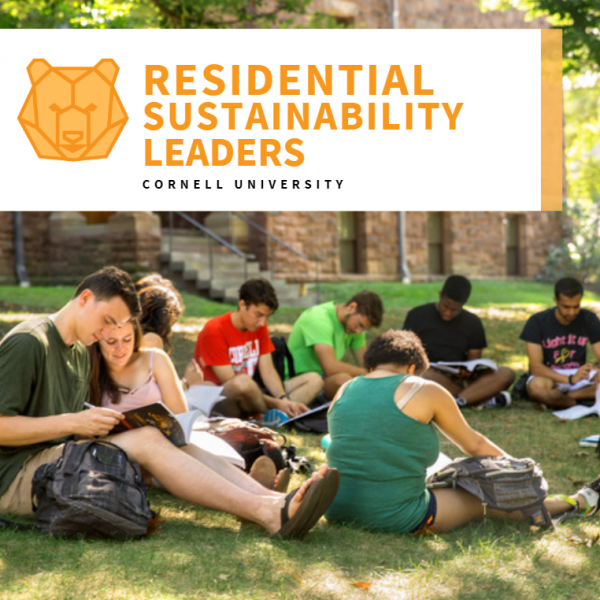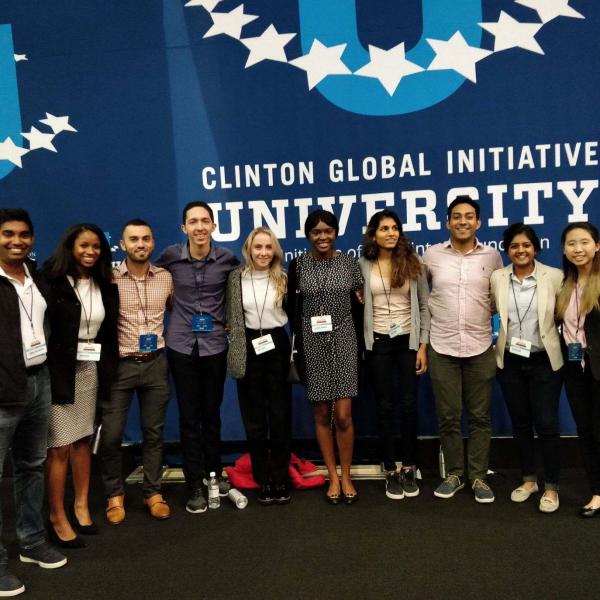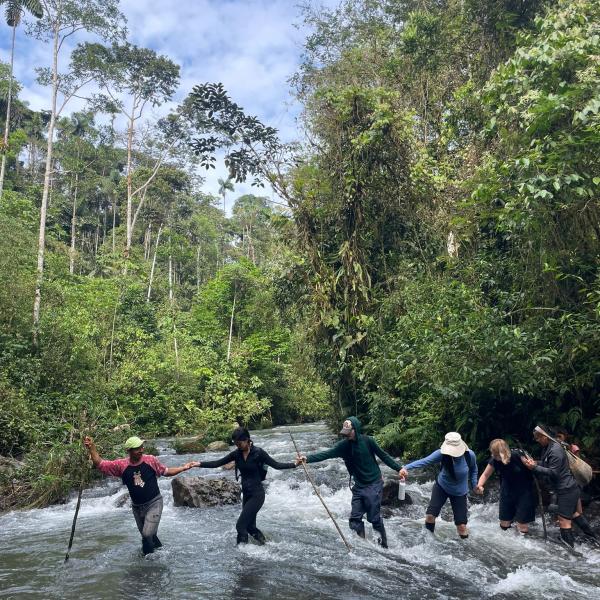Overview
Not accepting applications in the second round for Fall 26
Learn more about the application process and deadlines for each round of applications.
Experience Costa Rica's rich biological and cultural diversity on a field-based program at field stations managed by tropical biologists for 60 years!
What is unique about this program?
- Study Fundamentals of Tropical Biology
- Engage in Field Research with local and international experts
- Focus on Environmental Issues affecting Costa Rica and the Tropics more broadly
- Live alongside OTS faculty and distinguished visiting scientists and conservation practitioners who teach science-based courses.
Start with Spanish classes at your language level (from beginning to advanced) so that you can build your knowledge of the language and culture when you begin the field-based portion of the program.
Conduct multiple short field-based research initiatives emphasizing the scientific method in very different ecosystems. Starting with a workshop on scientific writing and data manipulation, you will have the chance to contribute to existing research projects with long-term goals (LRP), participate on research projects created by leading visiting faculty (FFP) and a embark on a capstone project (CP) to propose research-based solutions to ecological or conservation challenges identified by local partners.
Participate fully on a program is physically and intellectually demanding, stressing full immersion in hands-on scientific and cultural studies.
What are recent OTS alumni doing? Check out the OTS "Tracks & Trajectories" podcast!
What is unique about Costa Rica?
Costa Rica accounts for only 0.03 percent of the earth's surface (has only 51.100km2). However it contains nearly 6 percent of the world's biodiversity. Its natural wealth, both in species and ecosystems, is partly explained by its geographical position. Situated between the North and South America continents, Costa Rica has served as a bridge of countless species of animals and plants for thousands of years. Another factor to consider is the broad expanse of both coasts: a Caribbean coast (255kms) and facing the Pacific Ocean (1103 kms). A mountain range also provides numerous microclimates and a territorial sea of 589.000km2.
The system of National Parks and Reserves covers an area of 1342 hectares or 25.6% of its land area. These areas include islands and beaches, rain forests and dry, active volcanoes, hot springs, caves, river canyons and waterfalls. This biological heritage, the product of millions of years of evolution, presents us a spectacle of a nature not processed and undomesticated. Embassy of Costa Rica in Washington DC
Through its multiple field stations, OTS introduces you to fieldwork in tropical lowlands, cloud forests, mountain botanical reserves, coastal lands, and more! With your first three weeks in San Pedro, an urban area outside the capital, you will also experience Costa Rican life in different human environments.
Things to consider before applying
- Review the information on the Education Abroad Office’s Get Started page for important considerations on academics and finances, and a guide to next steps
- Still have questions? Visit the Get Advice page and learn how to connect with an Education Abroad Advisors
- Want to keep up to date with Cornellians Abroad? Follow Education Abroad on social media, @cornelliansabroad
How do I apply?
Applying to study abroad is a two-step process. For more information, visit Apply for Semester and Year on the Education Abroad website.
For Cornell Approval, click on the "Apply" button on this webpage. Applications are reviewed by Education Abroad. See timeline. Students who secure a space follow Step 2.
For Program Admission, complete an external application directly on the program’s webpage, using the link in the “Snapshot” section on this page by the external deadline. (Note: This deadline will differ from the general Cornell deadline for approval.)






